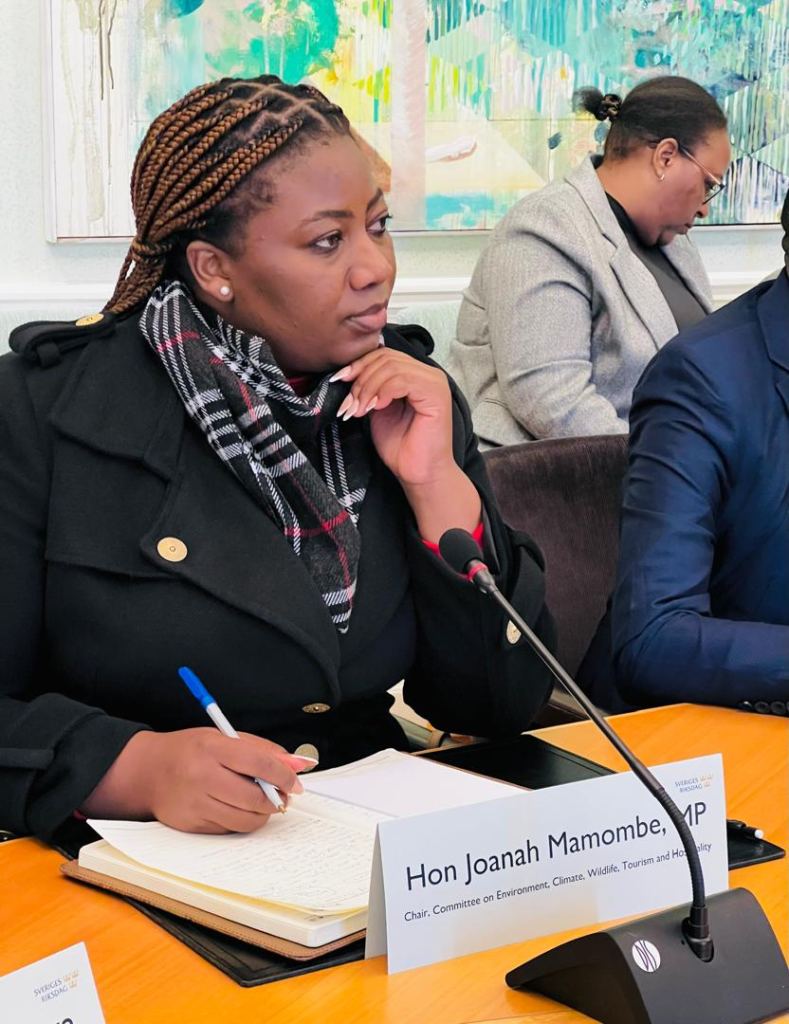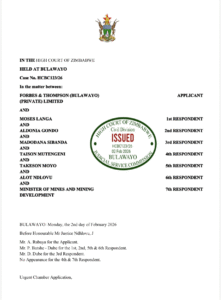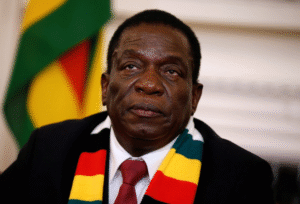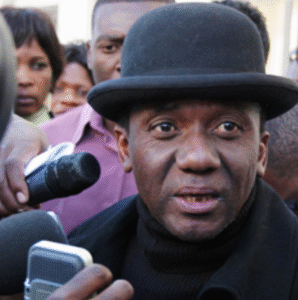SPEAKER AND CHIEF WHIP SUPPRESS OPPOSITION’S CALL FOR JUSTICE

In a dramatic parliamentary session, the political tension in Zimbabwe reached a fever pitch as Speaker of Parliament Jacob Mudenda and Zanu PF Chief Whip Pupurai Togarepi clashed with Harare West MP Joana Mamombe from the opposition CCC party. The confrontation arose when Mamombe questioned the legislative body on the reinstatement of 23 recalled CCC MPs, a decision recommended by the Inter Parliamentary Union (IPU) Committee on the Human Rights of Parliamentarians back in March.
The IPU, representing legislatures worldwide, recently declared that Zimbabwe should restore the positions of these MPs. They were removed from parliament under the influence of a controversial figure, self-proclaimed opposition party secretary-general Sengezo Tshabangu. Tshabangu’s actions, described as political purges, affected not only MPs but also senators, mayors, and councillors. These decisions enjoyed the backing of not only Mudenda and the parliament but also Zimbabwe’s executive, judiciary, state security, and several opportunistic individuals.
During the parliamentary session, Mamombe attempted to bring attention to the IPU’s March report which criticized the recall of the MPs and underscored the violation of basic principles such as the free representational mandate and freedom of expression. However, her efforts were thwarted by aggressive interruptions from Mudenda and Togarepi, who seemed determined to suppress the discussion.
The exchange began with Mamombe expressing gratitude for the chance to speak and emphasizing Zimbabwe’s membership and previous participatory roles in the IPU. Her speech was cut short by Togarepi, who questioned the relevance of revisiting IPU matters that had supposedly been settled by previous parliamentary reports.
Mudenda supported Togarepi’s interruption, asserting that the issue had been adequately addressed during the IPU Assembly where he had personally responded to the concerns raised. According to him, any further actions were to be decided by the IPU’s Committee on Human Rights of Parliamentarians at their discretion.
Mamombe protested, pointing out that she hadn’t even completed her statement when she was interrupted. Mudenda, however, dismissed her, stating that the government chief whip’s objection was valid and that if there were any issues, they should have been discussed during the presentation of the IPU report.
This parliamentary blockade raises significant concerns about the state of democracy and governance in Zimbabwe. The IPU’s report in March had already highlighted the problematic nature of the recalls, criticizing the basis on which they were madem- a letter from an individual allegedly unaffiliated with the CCC party. Furthermore, the IPU expressed doubts about the legitimacy of the communication used to justify the recalls and was perplexed by the haste with which these decisions were executed without proper debate.
Moreover, when Mudenda was later questioned by the IPU committee, he conceded that had he received a letter from former CCC leader Nelson Chamisa on time, identifying Tshabangu as an impostor, his decision “may have been quite different.” This admission suggests potential gaps or delays in communication that could have altered the course of political representation in Zimbabwe.
The IPU’s concerns are part of a broader pattern of repression that includes the erosion of judicial independence and shrinking civic spaces, which were particularly noticeable around the contentious 2023 elections. These elections and the subsequent actions by government officials have led to increased scrutiny of Zimbabwe’s commitment to democratic norms and the protection of human rights, particularly the rights of opposition parliamentarians.
This incident not only underscores the contentious political climate in Zimbabwe but also highlights the ongoing challenges faced by opposition members in their fight for justice and representation in the face of institutional obstacles.





